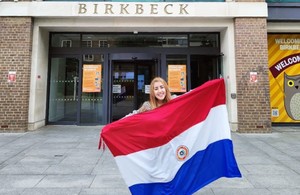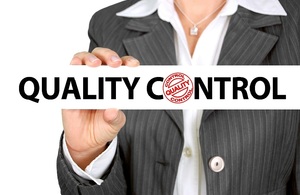UK to implement further punishing economic measures on Belarus
News story
The UK government introduces new sanctions on Belarus as the Lukashenko regime continues to actively facilitate Putin’s illegal invasion.

- New legislation will block the trade of around £60 million of goods with Belarus for its role in supporting the Russian invasion of Ukraine
- These measures include a ban on the export of oil refining goods, technology, and luxury goods
The UK government will tomorrow (5 July 2022) introduce new economic, trade and transport sanctions on Belarus as the Lukashenko regime continues to actively facilitate Putin’s illegal invasion.
The package extends some of the significant measures made against Russia to Belarus, including import and export bans on goods worth around £60 million. This includes:
- Exports of oil refining goods
- Exports of advanced technology components, such as those used in quantum computing
- Exports of luxury goods, including British artwork and designer handbags
- Imports of Belarusian iron and steel
The UK government is also restricting Belarus’ access to the UK’s world class financial services sector – banning more Belarusian companies from issuing debt and securities in London.
The Belarus regime has actively facilitated Putin’s invasion, letting Russia use its territory to pincer Ukraine – launching troops and missiles from their border and flying Russian jets through their airspace. Lukashenko has also openly supported the Kremlin’s narrative, claiming that Kyiv was “provoking Russia” in order to justify Putin’s bloody invasion.
Today’s measures build on the wide-ranging measures the UK government has introduced on Belarus, including a 35 percent increase on tariffs on a range of goods originating from Belarus and sanctions on President Lukashenko and senior government officials for their continued human rights violations and undermining of democracy.
Published 4 July 2022


